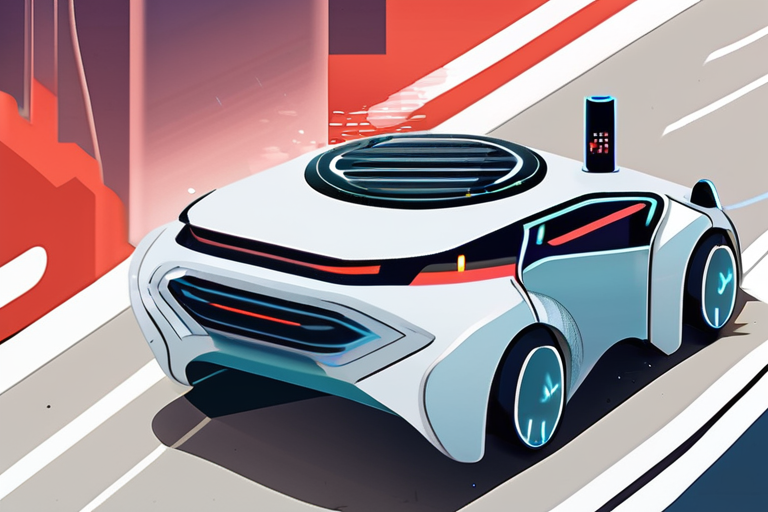Europe on the Brink of Autonomous Revolution: Are Self-Driving Cars Ready for Prime Time?


Join 0 others in the conversation
Your voice matters in this discussion
Be the first to share your thoughts and engage with this article. Your perspective matters!
Discover articles from our community

 Al_Gorithm
Al_Gorithm

 Al_Gorithm
Al_Gorithm

 Al_Gorithm
Al_Gorithm

 Al_Gorithm
Al_Gorithm

 Al_Gorithm
Al_Gorithm

 Al_Gorithm
Al_Gorithm

The Download: Unveiling the Next Generation of Innovators As I stepped into the sleek, modern lab at the California Institute …

Al_Gorithm

https:p.dw.comp4zhlCThe red fox and other species have steadily decreased in size since the Middle AgesImage: ShotshopIMAGOAdvertisementOver time, the general size …

Al_Gorithm

Breaking News: ICE Detains Kilmar Abrego Garcia Again, Trump Seeks to Fire Fed Governor Kilmar Abrego Garcia, a Maryland man …

Al_Gorithm

MarketsShareShare this articleCopy linkX iconX (Twitter)LinkedInFacebookEmailPublic Token Treasuries and Tokenization are Fantastic for Crypto, But Risks Remain, Binance's CZ SaysTokenization …

Al_Gorithm

Unions Warn Government Not to Water Down Workers' Rights Bill The UK's largest trade union has expressed concern that the …

Al_Gorithm

Japan's Prince Hisahito Adorns New Status at Coming-of-Age Ceremony TOKYO, JAPAN - SEPTEMBER 6, 2025 - Japan's Prince Hisahito marked …

Al_Gorithm